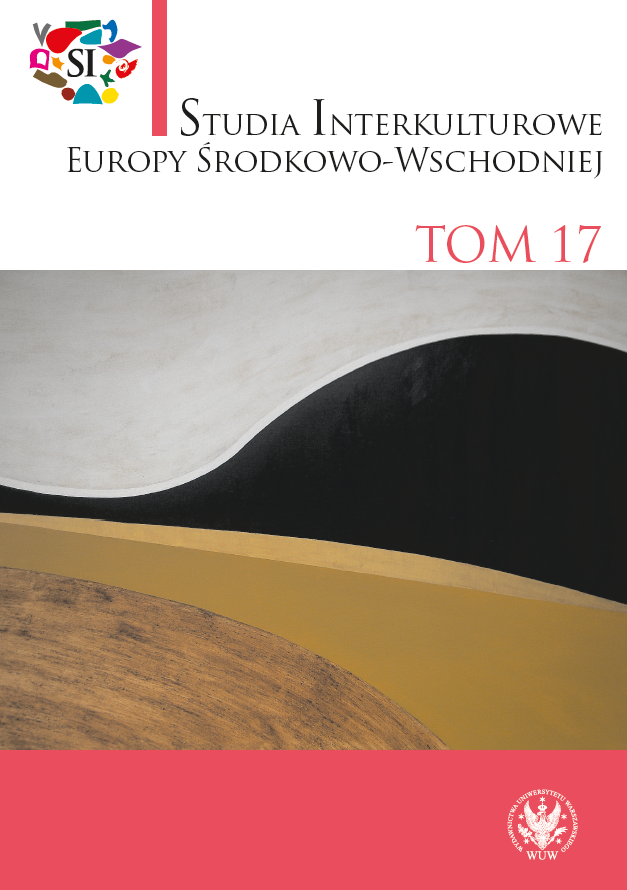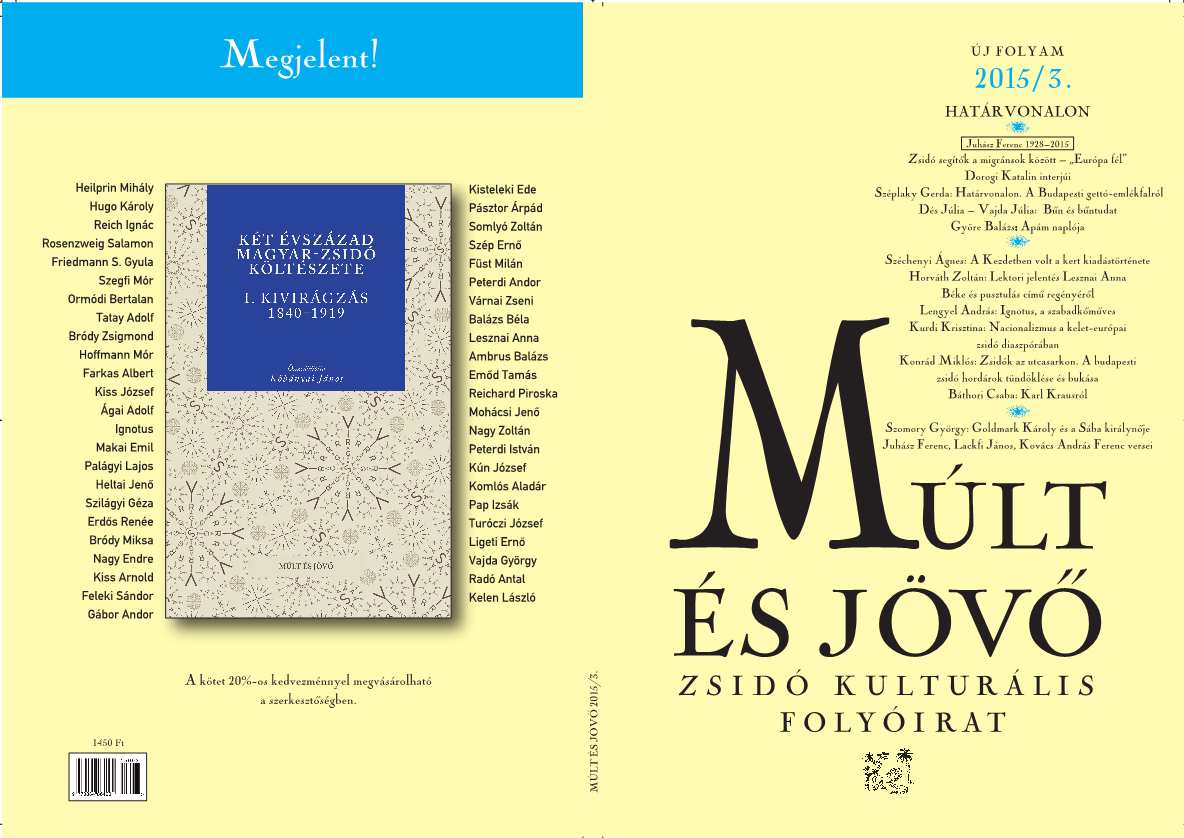
We kindly inform you that, as long as the subject affiliation of our 300.000+ articles is in progress, you might get unsufficient or no results on your third level or second level search. In this case, please broaden your search criteria.

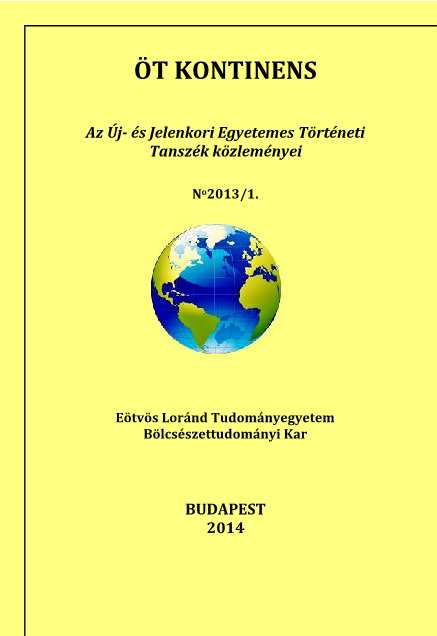
Turkey's foreign policy has been in a state of change since the AKP (Justice and Development Party) government came into power in 2002. Regarding the internal and external factors, this article argues that the changes in identification national role have been one the factors that led Turkey to conduct a new pro-active foreign policy. Turkey has perceived duties and/or responsibilities for itself in its relations with other states in the regions to which Turkey feels deep-rooted historical, cultural and religious ties. The outcomes of this change have been observable in the relations between Turkey and the Kurdish Regional Government (KRG) in the north of Iraq, which evolved from conflictual to cooperative relations since 2008.
More...
The whole world kept their eyes on the events unfolding in the Middle East in 1990. Saddam Hussein launched his massive forces against Kuwait and soon got hold of the small, but extremely rich state, claiming it had always belonged to Iraq. The response came in the form of a state-of-the-art military offensive from the United Nations coalition forces. The Gulf War was the first fully televised and broadcast war in history, the public could follow the events live and breaking. My paper shall explore the true reasons behind this attack, bringing forth the infamous Saddam Hussein .April Glaspie meeting (ambassador to the USA in Iraq), in which she made misleading remarks and the several failed attempts at negotiation to prevent the war, all refused by the United States. My argument will hypothesize that it was in the core interest of the USA to strike militarily in order to maintain the balance of power in the Middle East thus providing a clearer picture between the two opposing opinions as per the cause of the Gulf War: protecting Kuwait from the dictator and attempting to gain full control over the vast oil reserves of Kuwait. Since, it is not all black and white.
More...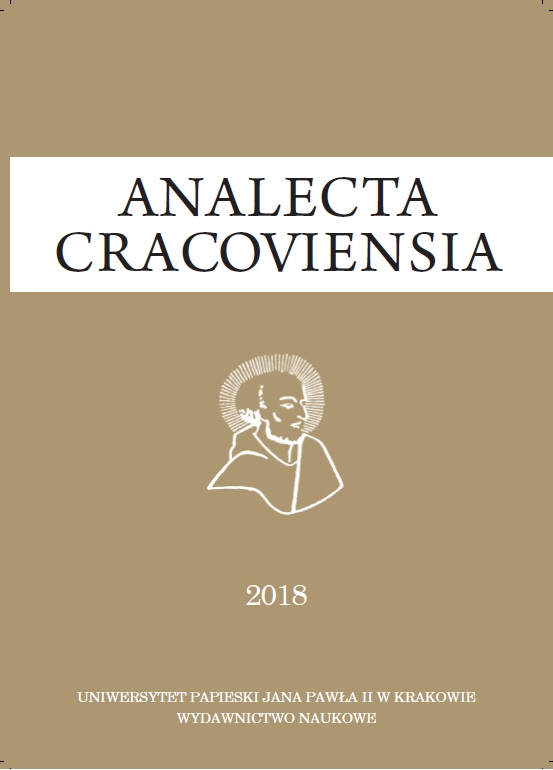
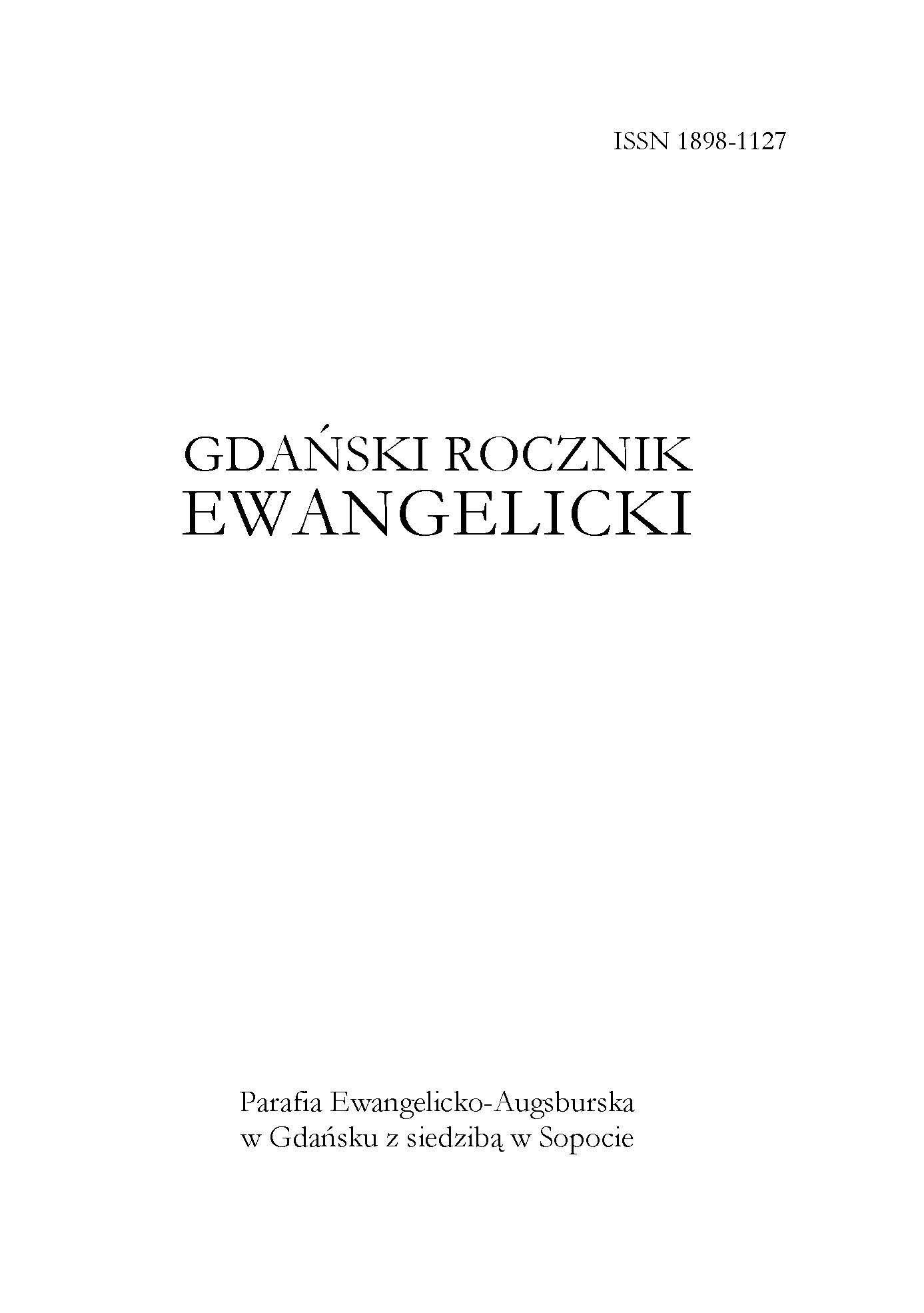
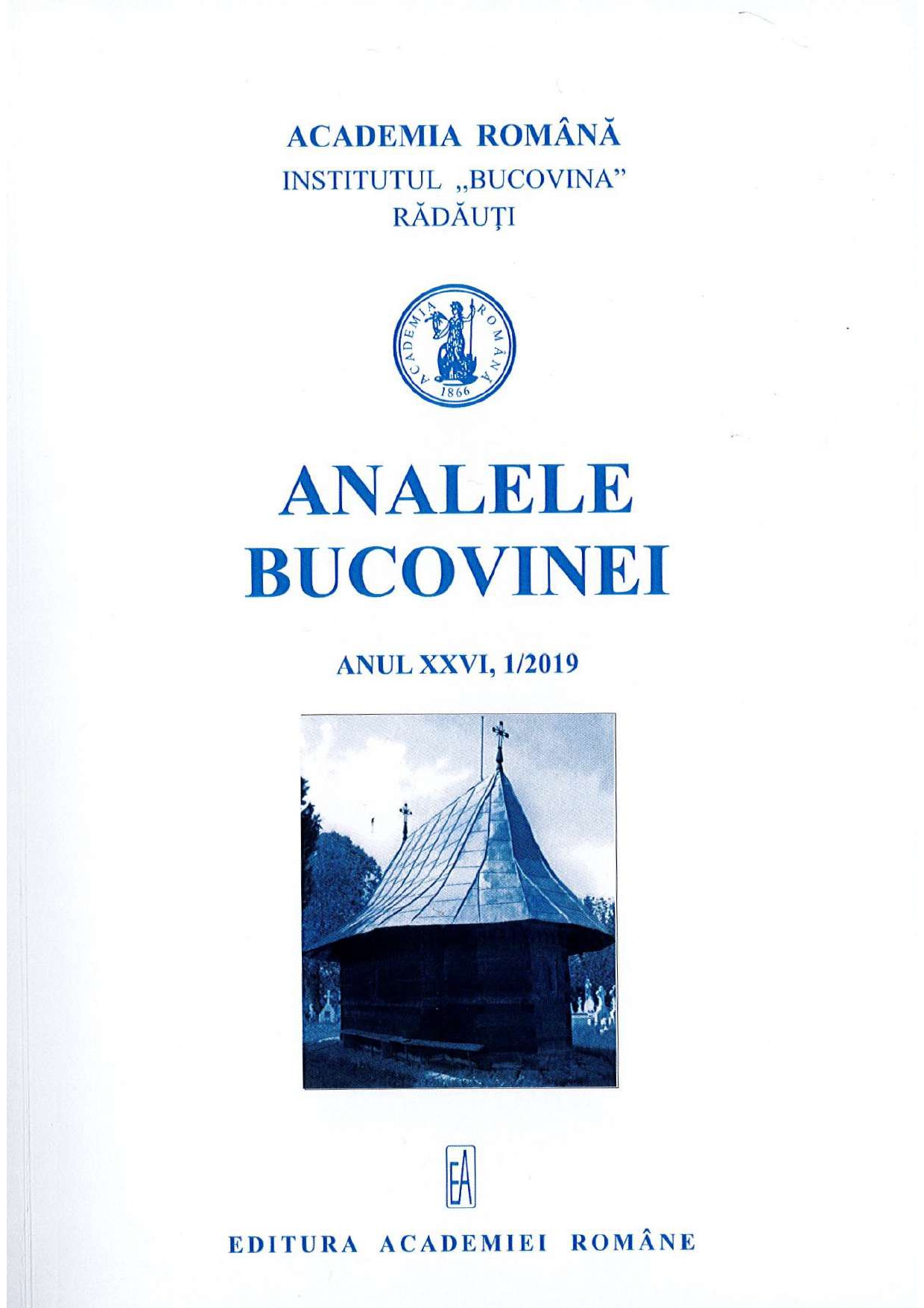
Dimitrie Vatamaniuc was born on September 25, 1920, in the Sucevita village, Rădăuţi County (nowadays Suceava County). He attended the primary school in Sucevita, then graduated from theTeacher Education School in Cernăuţi and Bacău, the “Eudoxiu Hurmuzachi” High School from Rădăuţi and the Faculty of Letters and Philosophy at the University of Cluj. In 1957 he obtained his doctorate at the Institute of Literary History and Folklore, under the guidance of George Călinescu, with the thesis Ioan Popovici Bănăţeanul şi lumea meseriaşilor. He is the author of works dedicated to Ion-Popovici Bănățeanul, George Coșbuc, Ioan Slavici, Lucian Blaga, Tudor Arghezi. Dimitrie Vatamaniuc's name will forever be linked to the great critical edition of Mihai Eminescu's work, which was initiated and coordinated by Perpessicius in 1939. He overtook together with Petru Creția the continuation of the entire edition of the national poet's work. Under his supervision the reappeared, between 1977 and 1993, the volumes VII-XVI of Eminescu's work. Dimitrie Vatamaniuc was the director of the Centre for “Bukovina” - Studies of the Romanian Academy (since 2007 reorganized as the “Bukovina” Institute), editor of the institute's periodical “Annals of Bukovina”and coordinator of the book collection Encyclopaedia of Bukovina in studies and monographs. In 2006 Dimitrie Vatamaniuc published the volume Bukovina between the West and the Orient. Studies and documents and in 2010 appeared a series of personal interviews, published by Constantin Hrehor with the title Conversations under Angels' Staircase. This longandrich cultural and scientific activity was rewarded by the election of Dimitrie Vatamaniuc as an honorary member of the Romanian Academy (2001). Dimitrie Vatamaniuc died on July 4, 2018, at the venerable age of 98, leaving behind a vast work dedicated to the values of the Romanian literature and the culture and civilization of Bukovina.
More...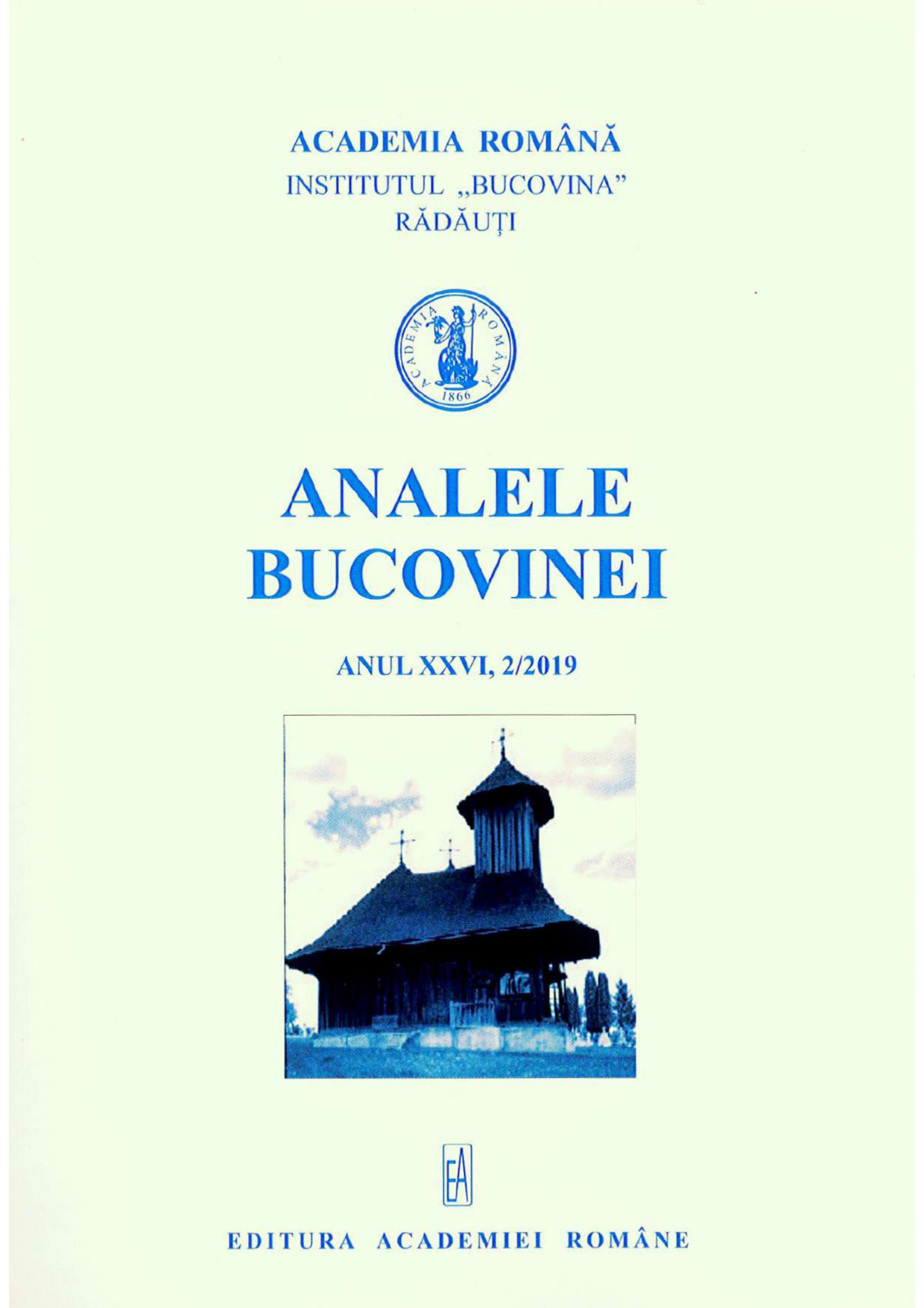
The author evokes the personality of Ștefan Ștefănescu, Romanian historian, professor at the Faculty of History of the University of Bucharest, member of the Romanian Academy (1992). Ștefan Ştefănescu was concerned with the most diverse aspects of Romanian history: he edited historical documents, he wrote studies of the medieval, pre-modern and modern history of Romania, of historical demography, history and culture of Bucovina etc. In recognition of his prestigious career, he was elected as a member of several scientific institutions in the country and abroad (Belgium, Italy) and rewarded with numerous scientific titles and awards. He was a supporter of the efforts to recover Bucovinaʼs cultural values and history and was part of the editorial staff of “The Annals of Bukovinaˮ, in which he published papers and articles.
More...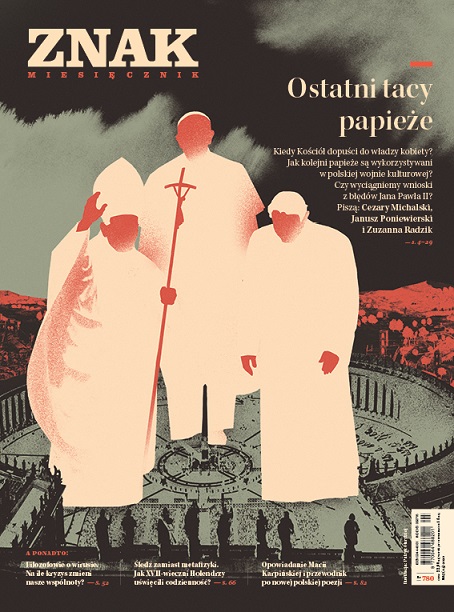
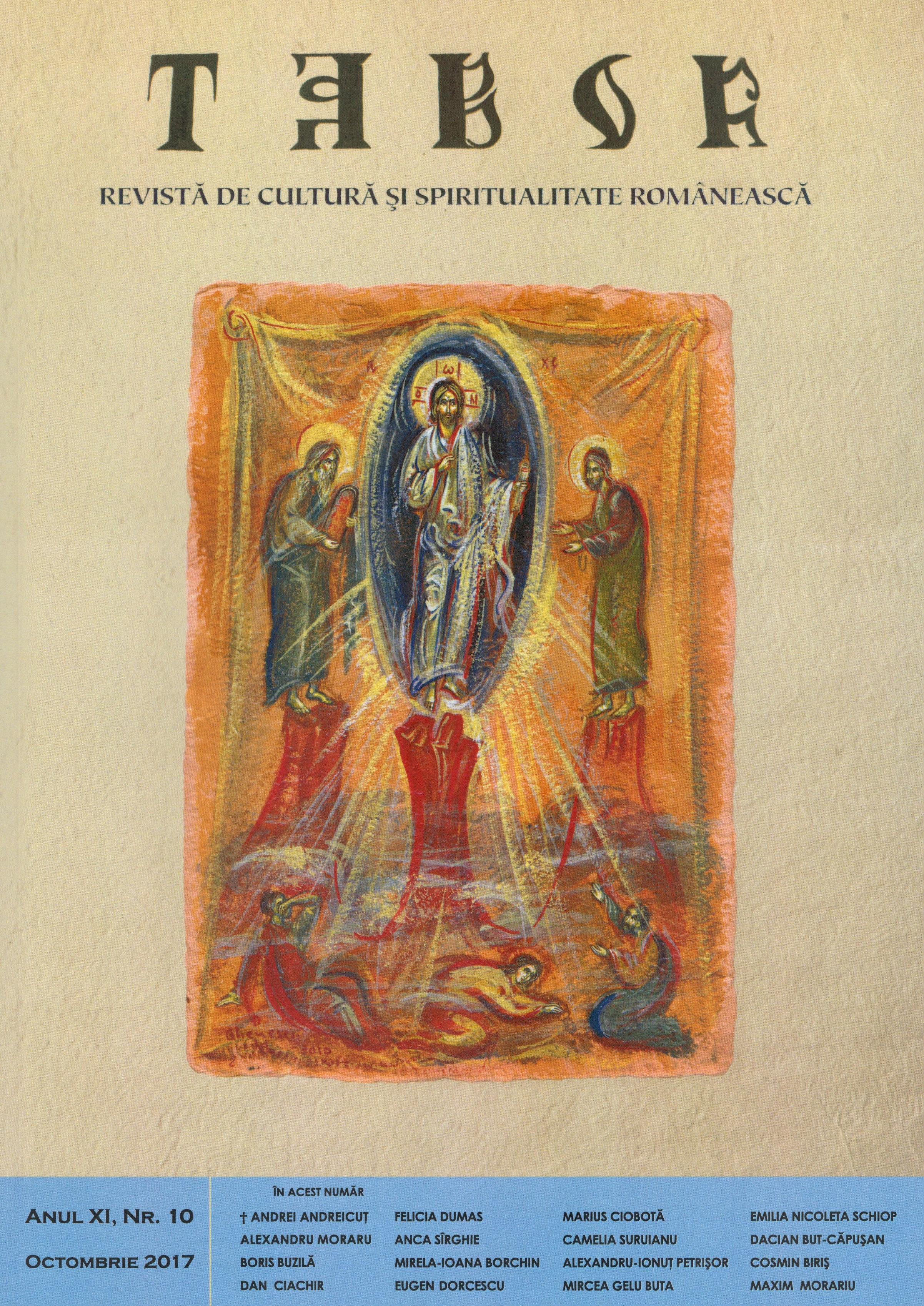
The last major event, the Brexit, urges European leaders to keep cohesion between the member states and the enlargement for East, which was postponed, can be accomplished in the future. Serbia, Montenegro, The Former Republic of Macedonia are examples of countries who started the admission negotiations. Croatia is part of the European Union since 2013. The stability for this part of the continent is essential for the EU security and this can be settled by respecting the fundamental norms. In this process, religion plays an important role. It can influence the systems (directly or indirectly) and the mentality of the population. Communism also left an influence, because that system lasted tor a long time. In addition, this geographical area has ethnic and religious conflicts between Christians and Muslims deeply rooted in history (eg. Kosovo problem, Srebrenica massacre etc.). Montenegro has potential in this way, after Macedonia and Serbia, which have already lead most of the negotiation chapters to an advanced stage. Bosnia, Herzegovina and Albania are at the beginning. Accession negotiations developing in the Western Balkans is a topical subject. European Commission’s documents are public. There are also governmental documents which indicate the progress of the accession negotiations. There is no national or international case study, containing all the available information about the accession (there is different information from different sources). Also, there is no interpretation of the negotiation chapters with the stucture of position papers in European negotiations. There aregaps in the documents about the national interpretation from the Western Balkans states to align with European standards. This study will try to find the connection between the religious conflicts in Western Balkans states and their future accession (also by analyzing the negotiation chapters).
More...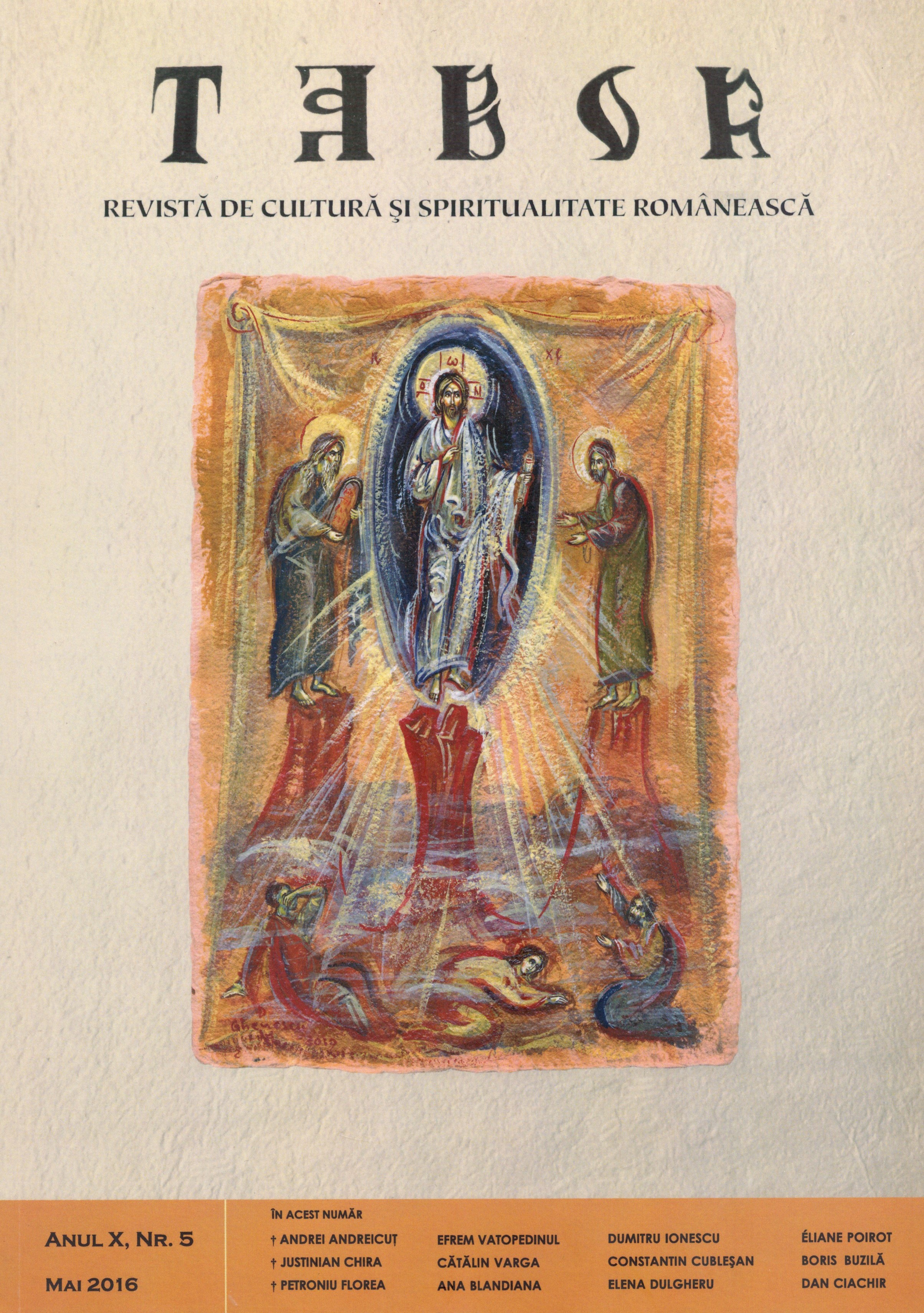
The article evokes a visit that the former sovereign of Romania, King Michael I, made to Romania in 1992. It was the first visit after his forced abdication of December 30, 1947 at the invitation of Archbishop Pimen of Suceava and Radauti. The king attended the Resurrection service at Putna monastery and then other events in the country, being welcomed everywhere with great honors.
More...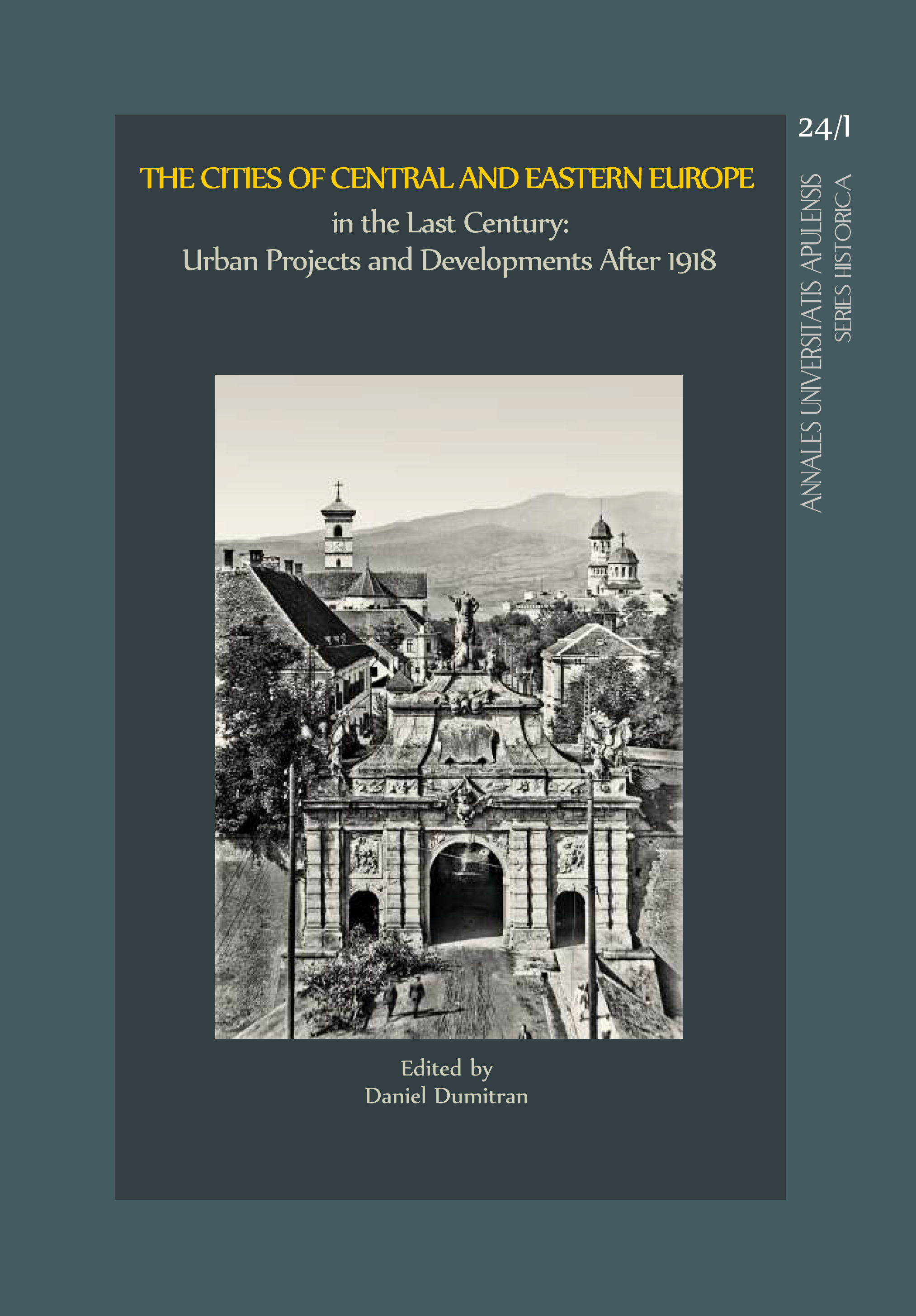
The decommunization of urban symbolic space through the renaming of streets and settlements commemorating communist figures (toponymic remapping) has become a characteristic feature of the decommunization process across Eastern Europe. This paper provides an overview of the vigorous discussions over the toponymic remapping of urban space in the Ukrainian megalopolises of Kyiv, Kharkiv, Dnipro and Odesa. These case studies illustrate the important role of symbolic efficacy in consolidating Ukrainian society around the idea of democracy and the country’s aspirations for European integration. The main focus of our research was to analyse the actions taken to fulfil Ukraine’s decommunization laws, particularly with regard to the renaming of streets and settlements. We focus on the actions taken by local governments, the content of public debates, the decisions taken by regional authorities to step in if local outcomes did not fulfil the stipulations of national decommunization laws, and litigations initiated by local community groups aiming to push back against the changes. Our analysis of these debates allowed us to identify four key models of discourse, namely: case-law or litigation; the use of open letters; the Deputy’s address; and recommunization.We also consider how demographic characteristics of cities (especially age and ethnicity) affect the decommunization process, and look at how attitudes towards decommunization varies across the regions of Ukraine, finding.We argue that a multiperspective approach to Ukraine’s history, leading to a shared vision of its past, is vital in order to promote social cohesion, peace and democracy, whilst building the capacity of individual cities.
More...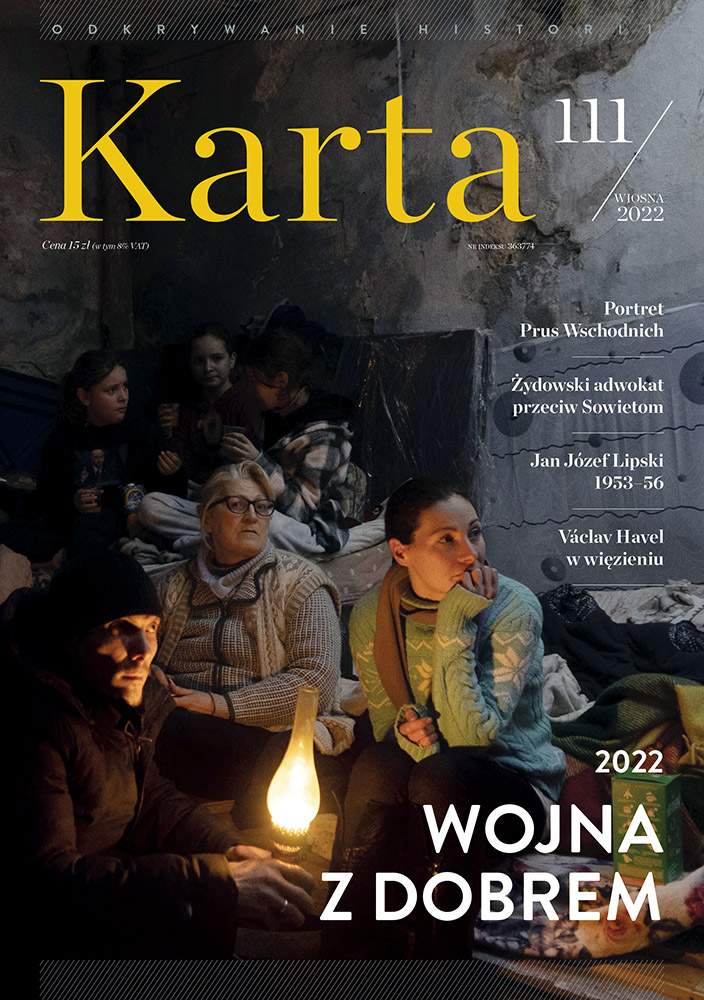
Dziennik spod Kijowa ukraińskiego historyka w pierwszym miesiącu wojny. A diary from Kiev by a Ukrainian historian in the first month of the war.
More...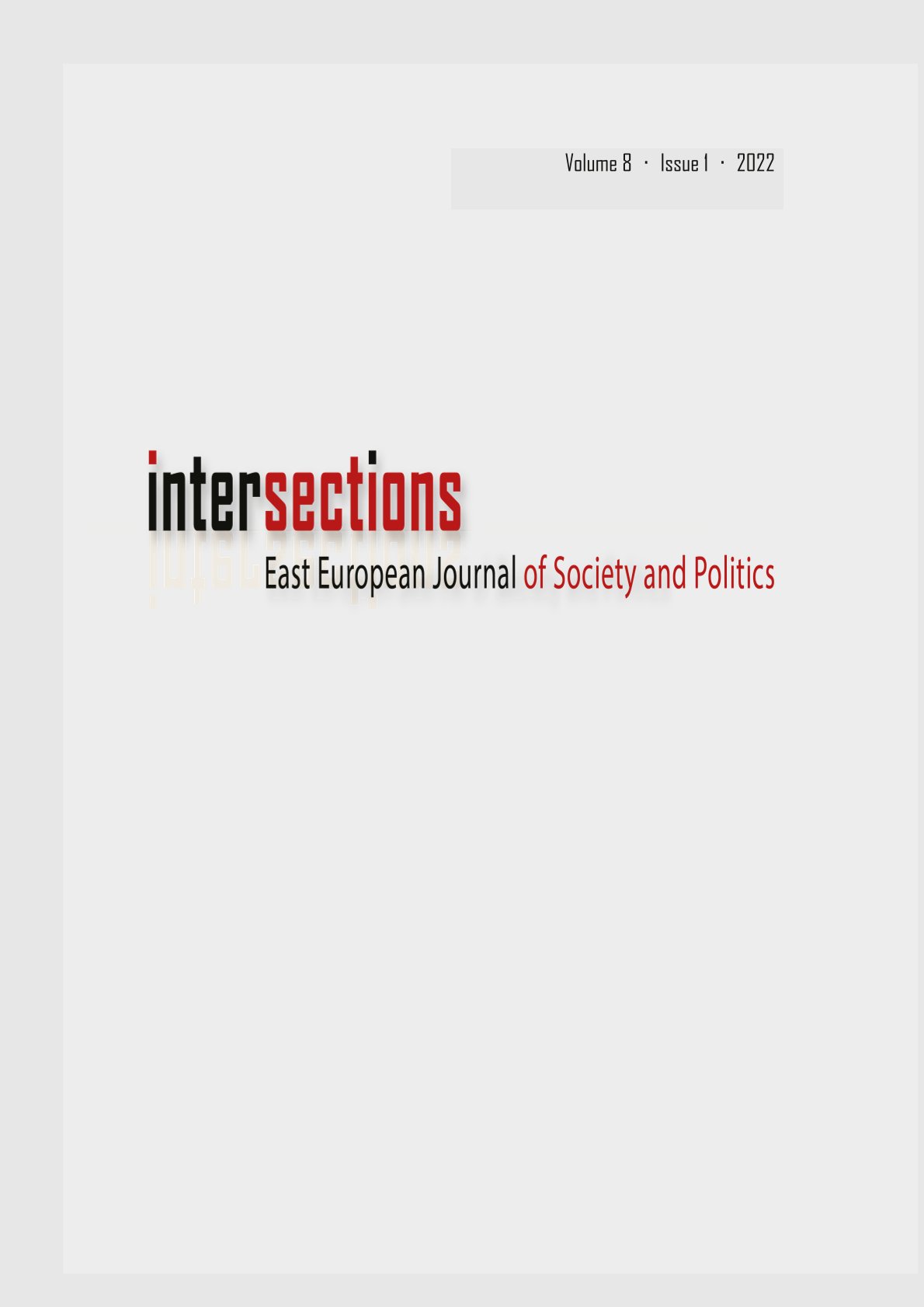
This article aims to present findings from an original dataset on collective action in the protest arenas of Bulgaria and Slovenia in the aftermath of the global economic crisis, 2009-2017. Unlike other empirical studies which focus either on particular social movements or individual-level measurements, this dataset consists of all reports of collective action in the form of protests demonstrations, strikes, blockades, occupations, sit-ins, marches, petitions etc., derived from the national Bulgarian and Slovenian press agencies, including information about claims and actors. Along with a description of the data collection, techniques, and coding, the article identifies the phases of protest cycles and explores general protest patterns. The findings depict three distinct periods of activity in Bulgaria and Slovenia: the ascending phase of protest cycle involving immediate protest responses against austerity measures (2009-2011), massive anti-establishment discontent involving the dominant role of new informal protest movements (2012-2013), and the de-mobilization phase of mass protest and the rise of contention about cultural issues (since 2014).
More...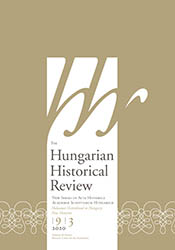
Citizens without Borders: Yugoslavia and Its Migrant Workers in Western Europe. By Brigitte Le Normand. Toronto: University of Toronto Press, 2021. 286 pp.
More...
The article deals with the religious life of Ukrainian immigrants residing in Wrocław. For this purpose, the author analysed the interviews with clergymen from four churches operating in its area and attended by Ukrainian immigrants conducted at the begin- ning of 2021.
More...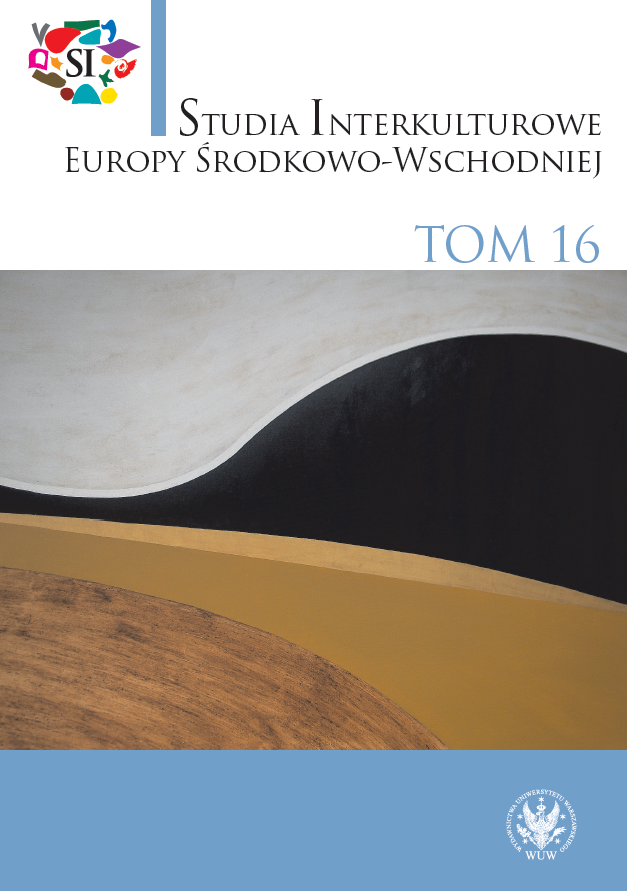
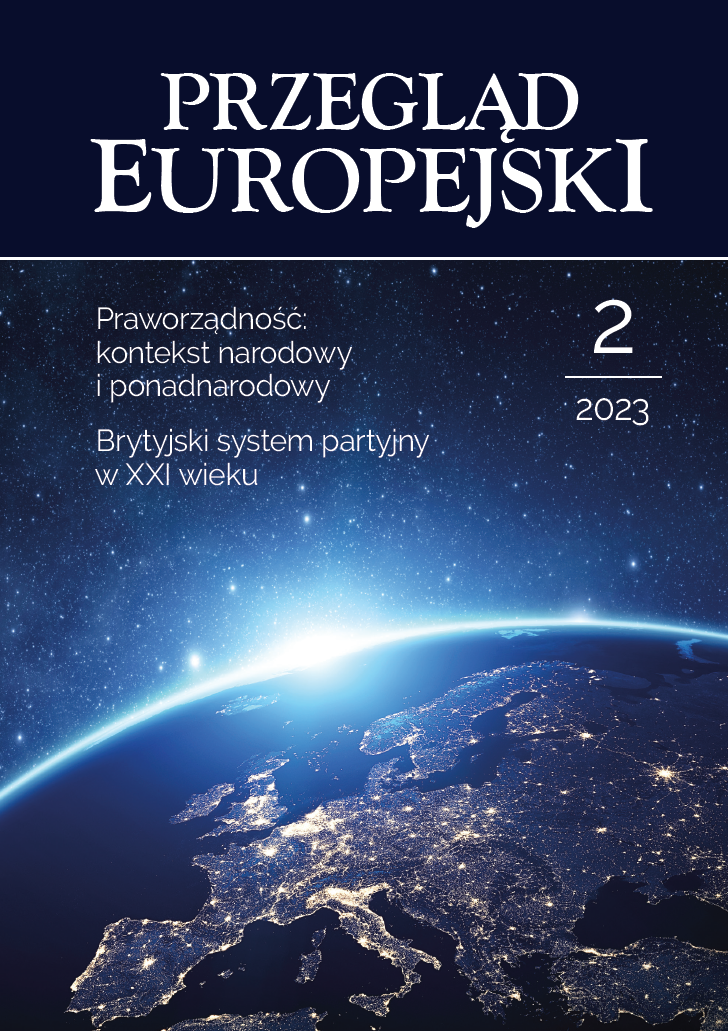
The article presents the conditions of the existence of the Polish ethnic minority in Zaolzie Region. Changes in the ethnic structure of the region since its incorporation into Czechoslovakia are characterised. Reference is made to broader factors affecting the quantitative changes of the Polish minority in Zaolzie Region, and an attempt is made to predict changes that may take place in the future in accordance with existing trends. The author also characterises the institutionalization of cooperation between the authorities of the Polish State and the Polish minority in Zaolzie Region.
More...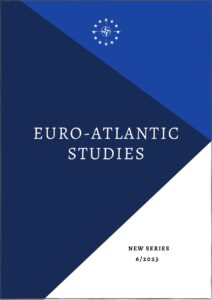
I would like to recall one of the views of the American scholar Robert Kogan, a non-conservative and critic of US foreign policy and a leading proponent of liberal interventionism, who said: "... we are in a moment of the end of dreams and the return to history". Unfortunately, the return to history has a rather or perhaps even too optimistic note if we refer to the years that have passed since the end of the Cold War period, marked among other things by the reduction of some ideological or some military conflicts. Current conditions confirm to us, that what were called "hopes" of the world they did not become realities, and the competition between the great powers was not abandoned, but resumed, and reached a degree and proportions far greater, and with effects far more accentuated and serious, than those we thought of. I am referring in particular to the reality by which the competition that manifests itself, especially in the last few decades, has brought on the stage new actors who impose their presence with a special predisposition from the West to the East and vice versa, with direct reference to the present moment – to China, Japan, North Korea, and Russia and with a relatively short time perspective, India. I am not specifically referring to the large number of the population of China, or India, (which is showing an even greater increase than China's), but to the degree of development and the trend of their evolution in the future.
More...
This paper aims to analyze the differences between the previous NATO enlargement rounds that took place between 1999-2020 and the current process involving Finland and Sweden in several key aspects. Firstly, the candidate countries' status differs significantly. Unlike many of the countries that joined NATO in the past 25 years, Finland and Sweden are distinguished by their high level of security and a very efficient, well-organized, and technologically advanced armed forces sector. This suggests that their accession process may proceed more smoothly, given their already robust military capabilities and stability. Another important difference lies in the historical context surrounding this enlargement. While previous rounds of Eastern Europe NATO’s enlargement occurred in the aftermath of geopolitical shifts such as the end of the Cold War, Finland and Sweden's accession to NATO is a response to the Kremlin's full-scale invasion of Ukraine in February 2022. For Finland and Sweden, both non-aligned countries with long borders with Russia, the conflict in Ukraine has served as a stark reminder of their vulnerability to external aggression and the need for robust defense capabilities. The war in Ukraine led Sweden and Finland to seek membership within NATO, a membership accession process that, given the severe geopolitical and military crisis, will swiftly end.
More...